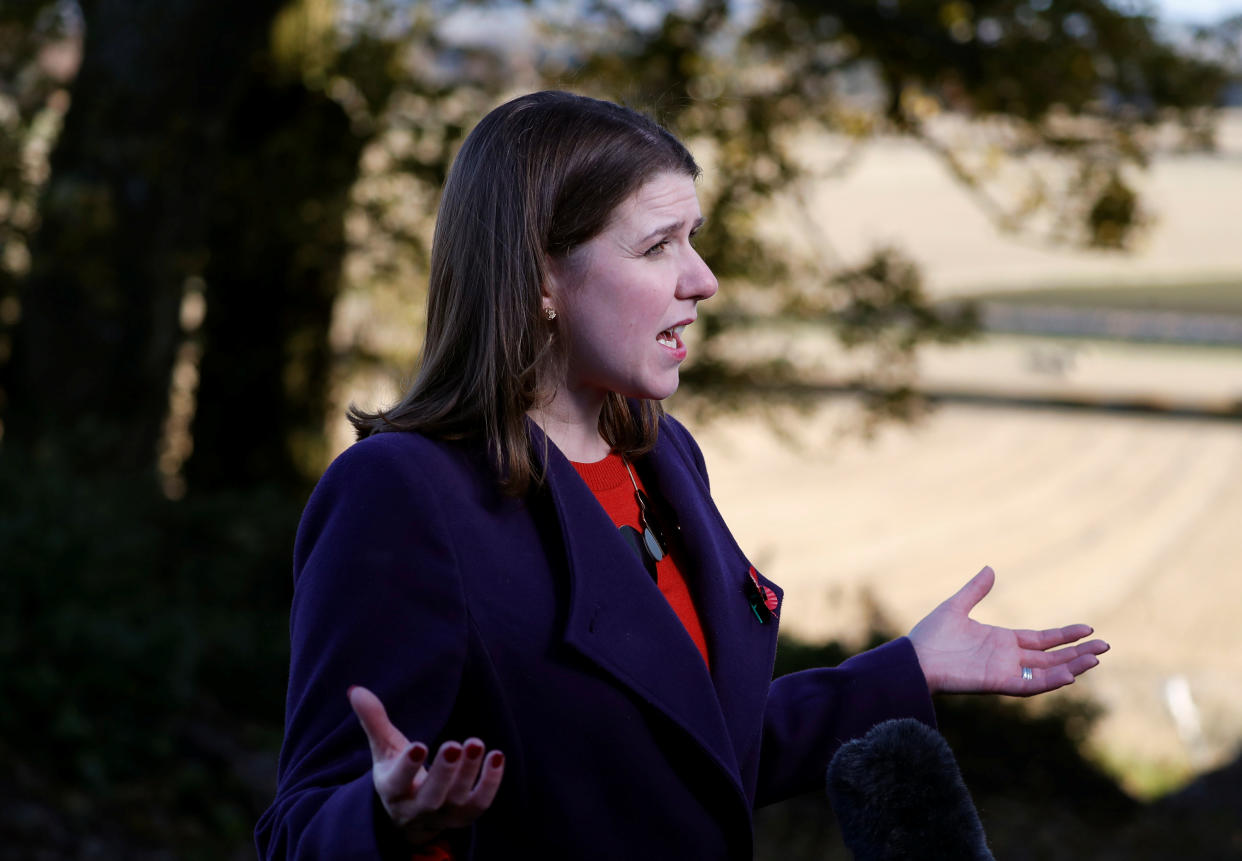Swinson backs welfare spend over raising tax allowance to help poorest

Liberal Democrat leader Jo Swinson has said an increase in welfare spending is a “better way to target support at some of the poorest in our society” as opposed to an increase in the personal tax allowance.
Swinson championed personal allowance changes in 2011, saying that “Putting money back into the pockets of lower-earning individuals and families during these tough economic times is a priority”.
However, she now favours an increase in welfare to support the worst off.
“Obviously these things go up by inflation each year, in terms of the allowance. But our focus remains on helping people in low incomes and tackling work poverty,” Swinson told reporters on Monday.
She said the Lib Dems will make universal credit more accessible.
“The additional money we’ve outlined we’d invest into the universal credit system to raise work allowances, and to make sure people don’t have to wait for their money.
READ MORE: Swinson says Lib Dems would scarp business rates and tax landowners
“I think is a better way to target support at some of the poorest in our society. Obviously, whereas we initiated the policy of increasing the tax threshold, that was when it was at about £6,000, so the case for a big increase in that was much stronger.
“I think in terms of helping people, the money we’re putting into Universal Credit is a much better way to support people right now.”
The Liberal Democrats have announced a policy of a £6bn funding increase over the next parliament for Universal Credit, and scrap the controversial two-child limit and benefits cap.
Swinson also plans to restore work allowances, introduce a second earner work allowance and mitigate the effects of housing costs on poverty by increasing the Local Housing Allowance by linking it to rents in an area.
A work allowance is the amount that one can earn before their universal credit payment is affected.
According to a recent report from the Institute for Public Policy Research, universal credit has led to benefit payments being their lowest since 1948.
READ MORE: Labour attacks ‘obscene’ wealth of billionaires funding Conservatives
The report’s findings show that allowance payments are only 12.5% of average earnings, and there is a 17% increase in underpayments.
Commenting on the IPPR’s findings, associate director Claire O’Neil said: “It is remarkable that in post-war Britain the support for those living in poverty was closer to average earnings than it is today. This is the very simple fact that lies behind the record levels of personal debt, rising use of food banks and increasing destitution that we see in the UK.”

